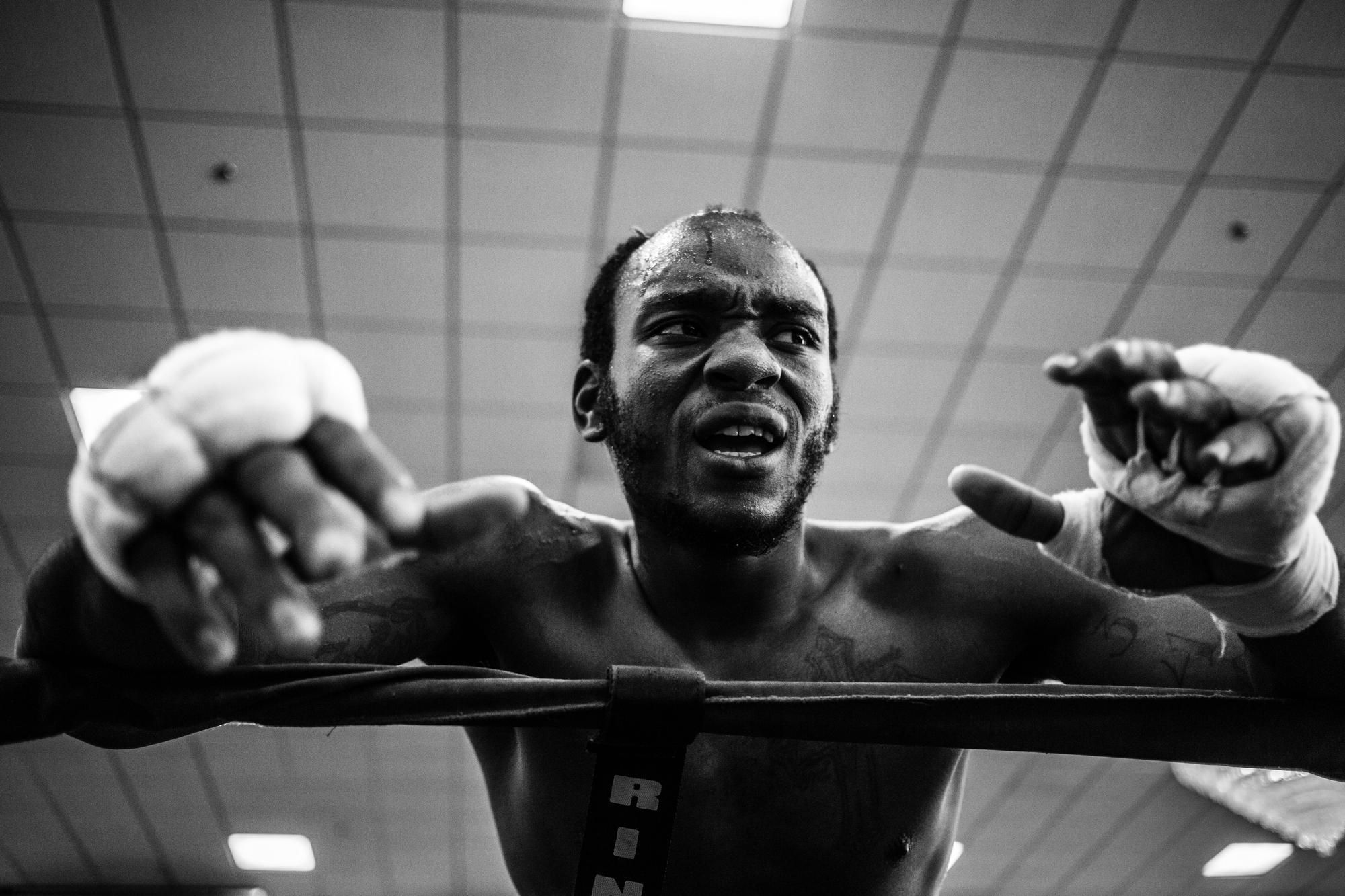Does Cannabis Enhance or Hinder Performance in Combat Sports?
A Look at the Science and Fighter Perspectives
In recent years, the conversation around cannabis in combat sports has grown louder. With more U.S. states legalizing cannabis and athletes becoming outspoken advocates, a key question remains: does cannabis help fighters perform, or does it ultimately get in the way? The answer isn’t straightforward, as research is still emerging and perspectives from fighters themselves vary widely.
The Science Behind Cannabis and Performance
Cannabis contains cannabinoids like THC and CBD that interact with the body’s endocannabinoid system, influencing mood, pain perception, and inflammation. For athletes, the potential benefits include pain relief, reduced anxiety, and improved sleep—all critical for recovery in high-impact sports like mixed martial arts (MMA), boxing, or jiu-jitsu.
However, research also highlights drawbacks. THC, the psychoactive compound in cannabis, can impair short-term memory, reaction time, and motor coordination—skills crucial in a sport where split-second timing can mean the difference between victory and defeat. A 2021 review in Sports Medicine suggested cannabis is more likely to hinder peak performance in the ring or cage, even if it supports recovery outside of competition.
Cannabis and Recovery: A Possible Edge
Where cannabis shows the most promise is in recovery. Fighters endure brutal training camps, sparring sessions, and fight nights that often leave them with chronic pain, injuries, and insomnia. Traditional options—such as prescription opioids or sleep medications—carry higher risks of addiction and side effects. In this context, cannabis may offer a safer alternative.
CBD, in particular, has gained popularity for its anti-inflammatory and calming effects. Some fighters use it post-training to reduce soreness and improve sleep quality. This doesn’t directly enhance fight-day performance, but it may help athletes sustain longer careers and healthier training cycles.
Fighter Perspectives: Advocates and Critics
Several high-profile fighters have spoken openly about their cannabis use. UFC veterans like Nate Diaz and Nick Diaz have long been vocal advocates, arguing that cannabis helps them manage pain and stay mentally relaxed. They see it as a natural part of their lifestyle and training routine. Similarly, athletes such as Sean O’Malley have pointed out cannabis’s role in creativity and focus, particularly during practice.
On the other hand, some coaches and fighters remain skeptical. Critics argue that cannabis could dull reflexes or create dependency, especially if used too close to competition. They stress the importance of mental clarity and reaction speed—qualities they feel cannabis might compromise.
The Regulatory Landscape
Organizations like the UFC and World Anti-Doping Agency (WADA) have eased restrictions in recent years. In 2021, the UFC stopped punishing athletes for cannabis use outside of competition, provided it doesn’t interfere with safety. Still, fighters must be cautious, as excessive THC detected during fight week can still raise red flags.
Striking the Balance
Ultimately, cannabis is unlikely to be a performance enhancer in combat sports when it comes to the act of fighting itself. Instead, its true value may lie in aiding recovery, reducing reliance on harmful pharmaceuticals, and improving long-term wellness. For fighters, the challenge is striking a balance—leveraging the benefits for healing and mental health without letting it undermine sharpness inside the cage.
As science evolves and more athletes share their stories, the debate will continue. But one thing is clear: cannabis has carved out a lasting role in the world of combat sports, not as a shortcut to victory, but as a tool for survival in one of the most demanding athletic arenas.

